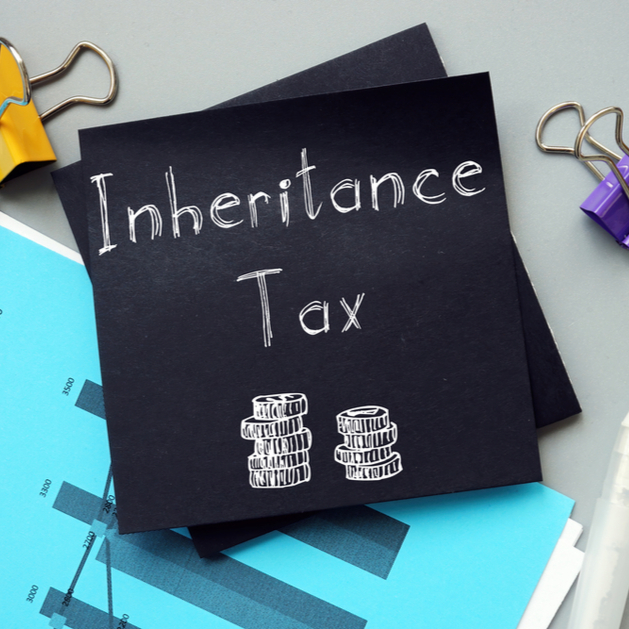| Taxpayers are exempt from Inheritance Tax (IHT) if the value of their estate is below a threshold of £325,000, or £650,000 under a joint allowance, or if the estate is left to a spouse, civil partner, a charity or a community amateur sports club.
In the wake of massive pandemic-related spending, HMRC netted £254m in revenue in 2020 following over 3500 investigations into Inheritance Tax. The investigations are triggered by ‘red flags’ such as:
- · An estate that falls just falls below the £325,000 IHT threshold
- · Gifts made by the deceased which fall within the 7-year period before death
- · Property that appears to have been significantly undervalued, compared to similar properties
- · Invalid claims for IHT via exemptions such as Business Property Relief or Agricultural Relief
Through considered estate planning with regular Will reviews and good record keeping, most people should be able to avoid IHT investigation traps. There are also potential benefits in using the Nil Rate Band (NRB) on the first death, rather than relying on a transferable allowance.
If you would like to discuss ways to make your estate more efficient for Inheritance Tax then please contact us, and one of our expert Wealth Strategists will be able to help you. |


















































